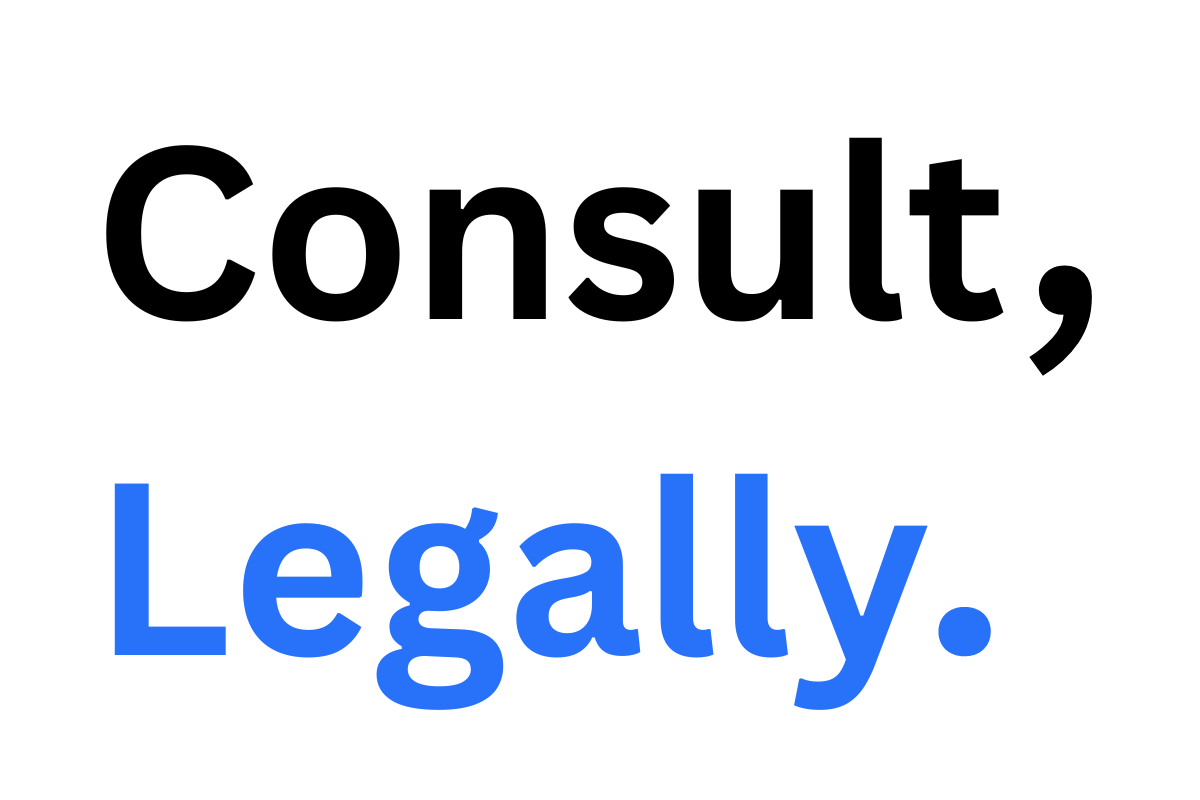You’ve probably heard the terms “fraud” and “lying” used interchangeably, but there’s a big difference between the two, especially when it comes to legal consequences. Both involve telling something that’s not true, but only one can land you in serious legal trouble—fraud.
Understanding the difference between lying and fraud is essential, especially if you’re entering into agreements, making decisions based on someone’s word, or handling money. Let’s break it down in simple terms so you can better understand the implications of each.
What is Lying?
Lying is something we’ve all encountered. Maybe you’ve told a white lie or heard someone tell one. At its core, lying is making a false statement when you know it’s not true. It could be as simple as saying, “I didn’t eat the last cookie,” when you did, or something more serious like lying about your qualifications on a resume.
In most everyday situations, lying doesn’t lead to any legal trouble. Yes, it can cause issues like losing trust or damaging relationships, but it’s not a crime unless it’s part of a bigger legal problem. For example, lying under oath (perjury) or lying to avoid paying taxes can bring legal consequences.
However, not every lie becomes a legal issue. Most personal lies, even though they may be hurtful or misleading, won’t involve the law. But there’s a line that, once crossed, turns a lie into something much more serious—fraud.
What is Fraud?
Fraud, on the other hand, is a type of lie that carries severe legal consequences. Fraud isn’t just any lie; it’s a lie that’s told to deceive someone with the intent of causing them harm or loss, often financial.
Here’s a simple example: imagine you’re buying a car. The seller tells you the car is in perfect condition, but they know it has engine problems. You buy the car based on that information, and later you’re stuck with expensive repairs. In this case, the seller’s lie was not just harmless—it was intended to make you believe something false, and it caused you financial harm. That’s fraud.
Fraud isn’t just about lying; it’s about tricking someone into making a decision based on false information. It can happen in all kinds of scenarios, like when someone scams you online, lies about their company’s finances to investors, or sells you a faulty product.
The Key Differences Between Lying and Fraud
Now that you know the basics, let’s dig deeper into what sets fraud apart from lying. Here are the key elements that make fraud a serious legal issue:
1. False Statement About Something Important (Material Fact)
When you lie about something trivial, like what you had for lunch, it’s generally not a big deal. But fraud involves making a false statement about something that really matters—a “material fact.” This means the lie is about something significant that could impact someone’s decisions or actions.
For example, lying about a product’s safety features when selling it could be considered fraud because safety is a material fact. If someone relies on that lie and gets hurt, the consequences are serious.
2. Intent to Deceive
With fraud, the person lying knows what they’re saying is false and intends for you to believe it. This isn’t just an accidental misstatement or a misunderstanding; it’s a deliberate effort to trick you. The person committing fraud wants you to make decisions based on their lies, often to benefit themselves financially.
3. You Rely on the Lie
For fraud to occur, you must have relied on the false information when making your decision. For instance, if you were told a house had no plumbing issues and you bought it based on that claim, but later discovered significant problems, you relied on that false statement. If the seller knew the truth, this could be fraud.
4. Resulting Harm or Loss
Fraud typically leads to some form of harm or loss—usually financial. Whether you lost money, purchased a faulty product, or were misled into signing a contract, the fraud caused a negative outcome for you. This harm is what makes fraud more than just a simple lie. It can seriously impact your finances, your business, or your future.
Why Fraud Has Serious Legal Consequences
You might be wondering why fraud is such a big deal compared to lying. The reason is that fraud directly harms others, often involving financial loss, broken contracts, or even injury. Because of the damage fraud can cause, it is considered a crime and carries heavy penalties.
In the US, fraud can lead to both criminal charges and civil lawsuits. Criminal penalties may include hefty fines or even jail time, depending on the severity of the fraud. Civil cases often result in financial compensation for the victims to cover their losses. Fraud is taken seriously in many industries, especially in finance, insurance, and real estate, where large amounts of money are involved.
On the other hand, if someone lies to you about something trivial that doesn’t cause harm, you usually won’t have legal grounds to pursue action. But if the lie crosses the line into fraud, it’s a different story.
Examples of Fraud
To give you a better understanding, here are a few common examples of fraud:
- Online Scams: Someone sends you a fake email pretending to be your bank, asking for your login details. If you give them that information and they access your account, they’ve committed fraud.
- Identity Theft: A person steals your personal information and uses it to apply for loans in your name, leaving you with the debt.
- Real Estate Fraud: A seller lies about a property’s condition to make a quick sale, knowing the home has serious issues that will cost the buyer thousands of dollars in repairs.
In all these cases, fraud occurred because someone made a false statement with the intention of deceiving and causing harm.
Protecting Yourself from Fraud
You may now be wondering how to protect yourself from becoming a victim of fraud. Here are a few tips:
- Do Your Research: Before making any financial decisions or signing contracts, do thorough research. Whether you’re buying a product, investing in a business, or even accepting a job offer, double-check the information you’ve been given.
- Trust Your Instincts: If something feels off or too good to be true, it probably is. Don’t hesitate to ask questions and seek clarification.
- Get It in Writing: Whenever possible, get important promises or agreements in writing. A verbal assurance is much harder to prove if things go wrong.
- Seek Legal Advice: If you’re entering into a significant financial transaction or agreement, consult a lawyer to ensure everything is legitimate.
Final Thoughts
Understanding the difference between lying and fraud is essential, especially when it comes to protecting yourself. While lying can hurt feelings and damage relationships, fraud is a serious legal matter that can result in financial loss and severe consequences for the person responsible.
By being aware of the signs of fraud and knowing when a simple lie crosses the line into legal territory, you can avoid falling victim to deceitful practices. Always be cautious, ask questions, and don’t hesitate to seek legal advice if you suspect you’ve been defrauded.

